With nuclear talks to be held in Oman, Iranian Foreign Minister Abbas Araghchi has stated that Tehran will agree to sign a new accord with the United States – although on cautious and conditional terms.
In an opinion piece in The Washington Post, Araghchi declared Iran “prepared to engage in good faith and with an eye toward making a deal,” but explained that any talks would be indirect due to what he described as an extensive “wall of mistrust” between Washington and Tehran.
A Deal on the Table, But Not Directly
Araghchi’s statement comes just days before high-stakes talks are set to begin in Oman. Despite President Donald Trump’s calls for a direct agreement to curb Iran’s nuclear program in exchange for sanctions relief, Tehran has flatly rejected the idea of face-to-face talks.
Araghchi emphasized that Iran’s reluctance is not ideological but is rooted in the history of the U.S. not respecting previous commitments—particularly the 2015 Joint Comprehensive Plan of Action (JCPOA), which President Trump dumped on in 2018.
“The ball is now in America’s court,” Araghchi wrote, emphasizing that Iran has already shown the way forward if the U.S. will actually practice real diplomacy.
Why This Matters
The revival of diplomacy under Trump is complicated by the legacy of broken promises and rising military aggression. Trump’s withdrawal from the JCPOA and the re-imposition of strict sanctions have perpetuated Iran’s long-standing distrust of US intentions.
The latest tensions—and Trump’s most recent warning that Iran will be in “great danger” if a deal is not reached—have only hardened Tehran’s resolve.
For Iran, any fresh accord must come with reciprocal guarantees and the conclusive terminus to so-called “maximum pressure” tactics that thus far have served solely to forestall progress.
Iran Defends Its Nuclear Intentions
Defending Iran’s nuclear program from criticism, Araghchi reasserted Iran’s peaceful progress. He referenced wording from the JCPOA’s original text and made reference to recent US congressional testimony by US intelligence leaders—like Tulsi Gabbard—confirming that Iran hasn’t resumed its weapons program since it suspended one in 2003.
“Iran enjoys diplomacy,” Araghchi tweeted on X (formerly Twitter), “but it does know how to protect itself.”
A Call for Mutual Respect
Araghchi emphasized in his op-ed that any long-term solution would rely on mutual respect and the removal of military threats. He warned that further coercion would be a dead end and that genuine diplomacy cannot accompany intimidation.
“The proud Iranian nation… will never submit to coercion and imposition,” he declared.
Growing Stakes for Middle East Stability
With Trump promising more action if negotiations collapse—and tensions in the region already strained – the future of the Oman talks may decide not only U.S.-Iran relations but also the broader Middle Eastern balance of power. European allies and regional observers will be watching to see if the two sides can find common ground – or step closer to war.
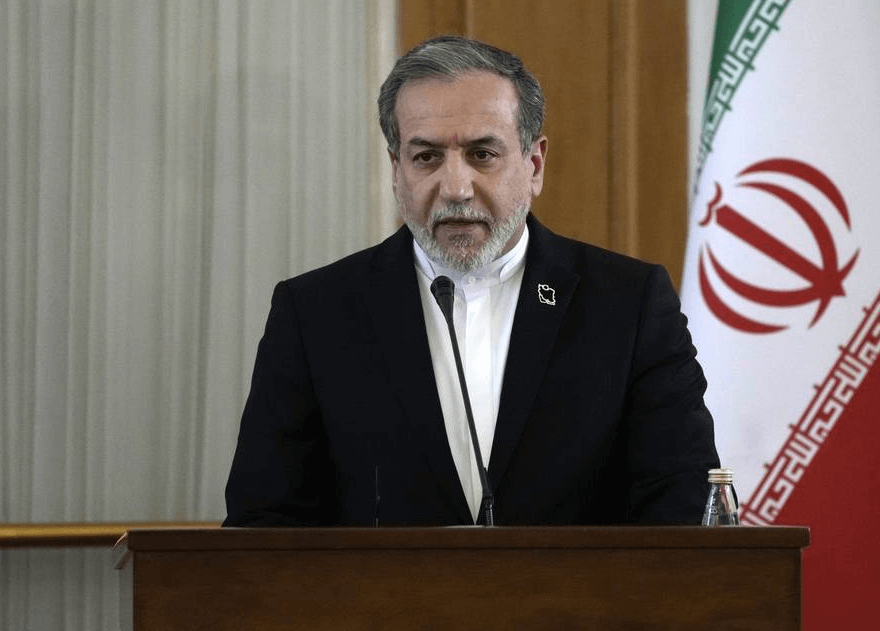

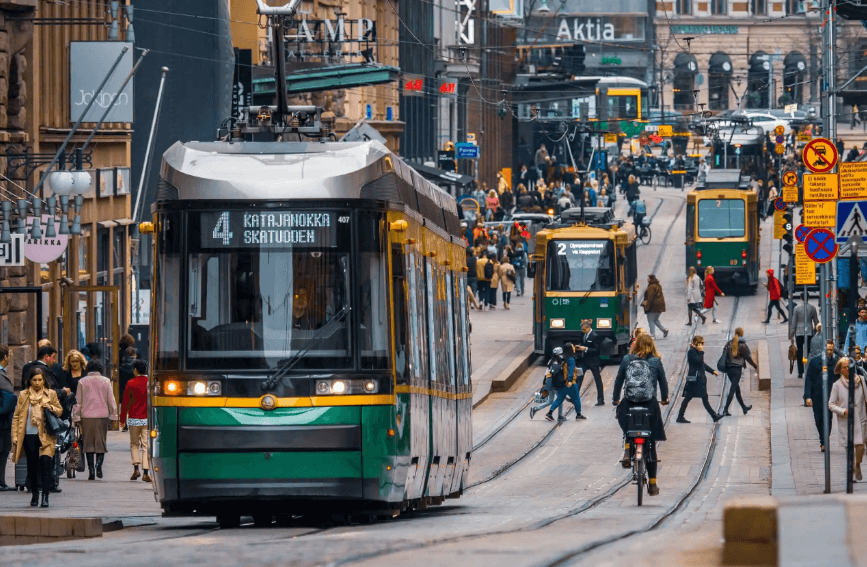
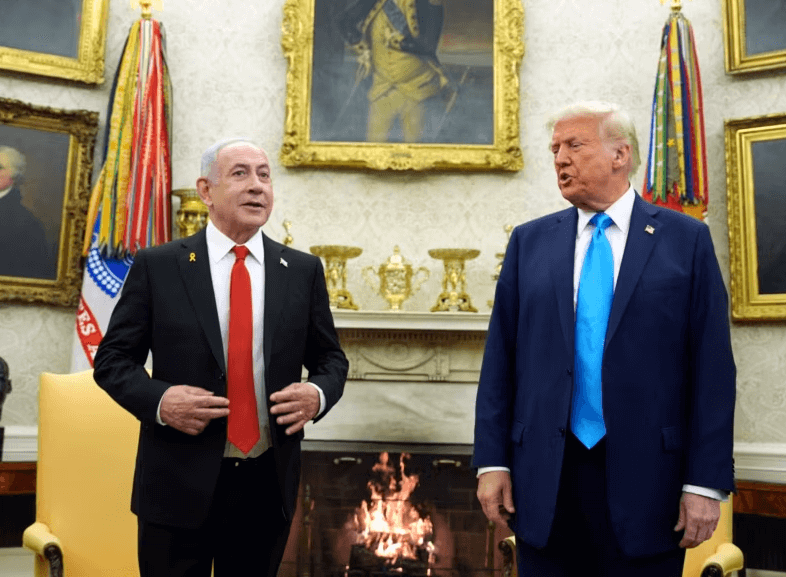

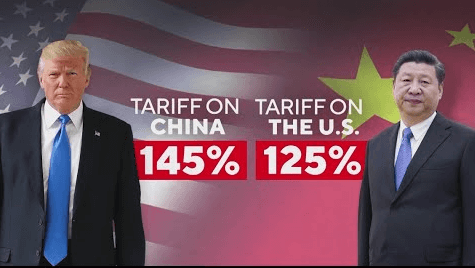
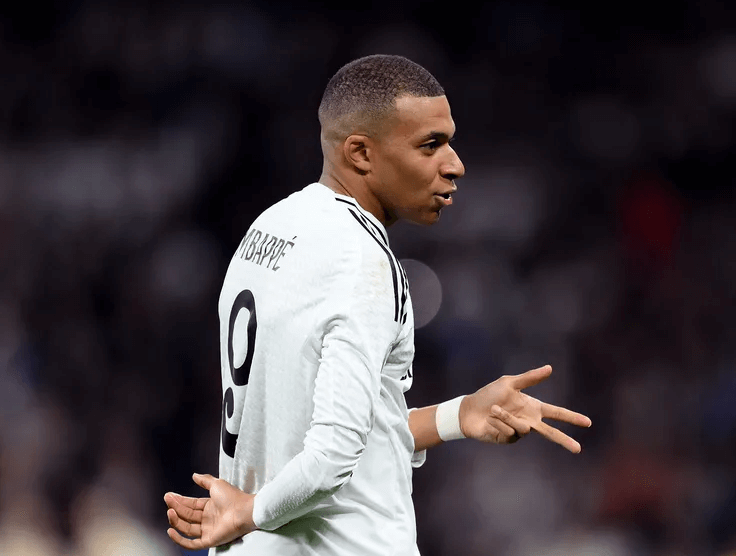
Leave a Reply